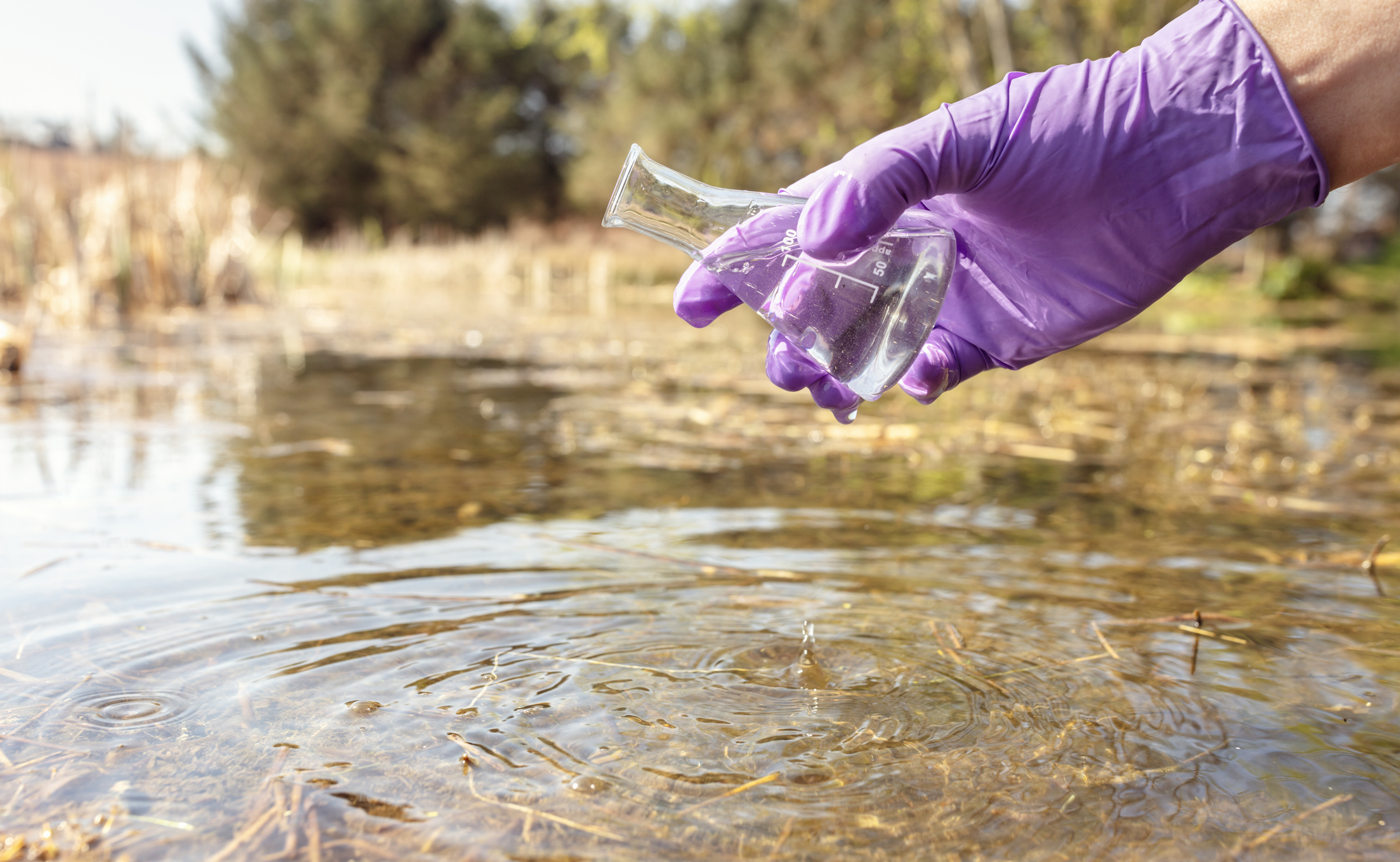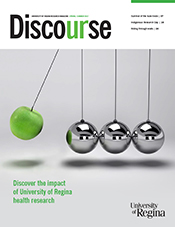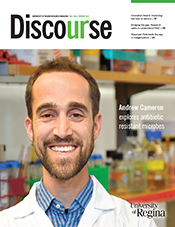Fulbright Canada Research Chair tackles global environmental challenge.
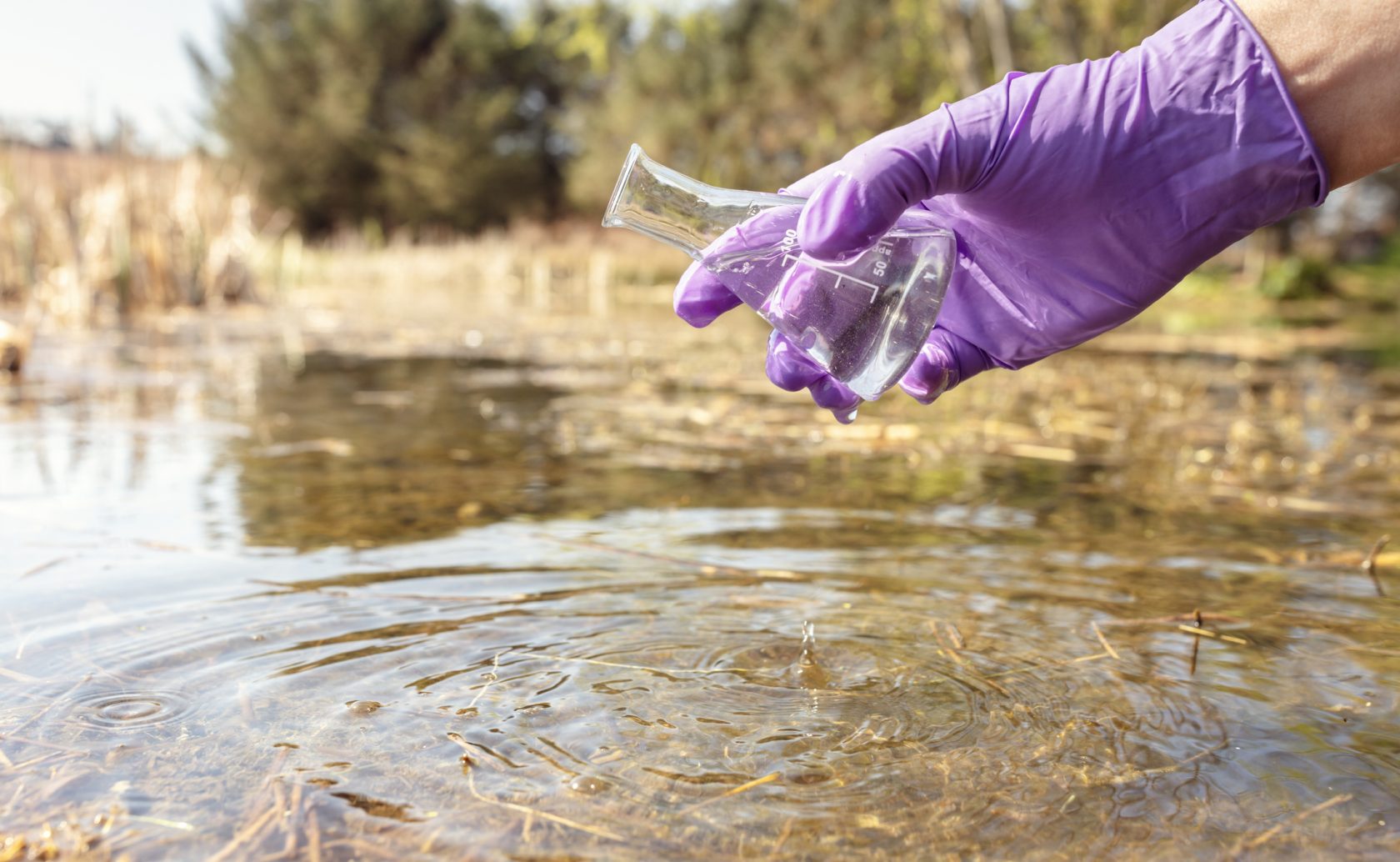
Water pollution, stemming from textile dyes to agricultural runoff, poses a severe threat to human and animal life. Addressing these contaminants is a pressing global issue. One pioneering researcher, Dr. Yong X. Gan, the newest Fulbright Canada Research Chair at the University of Regina (U of R), is dedicating his expertise to this cause.
Fulbright Canada Research Chairs are esteemed American scholars selected to conduct specialized research at Canadian universities. In addition to their research, these scholars actively engage with campus life, collaborating with students, faculty, and the broader community.
Gan hails from the College of Engineering at California State University Pomona. During his tenure at U of R, Gan is collaborating with Dr. Hussameldin Ibrahim, an engineering professor and director of the University’s Clean Energy Technologies Research Institute (CETRI).
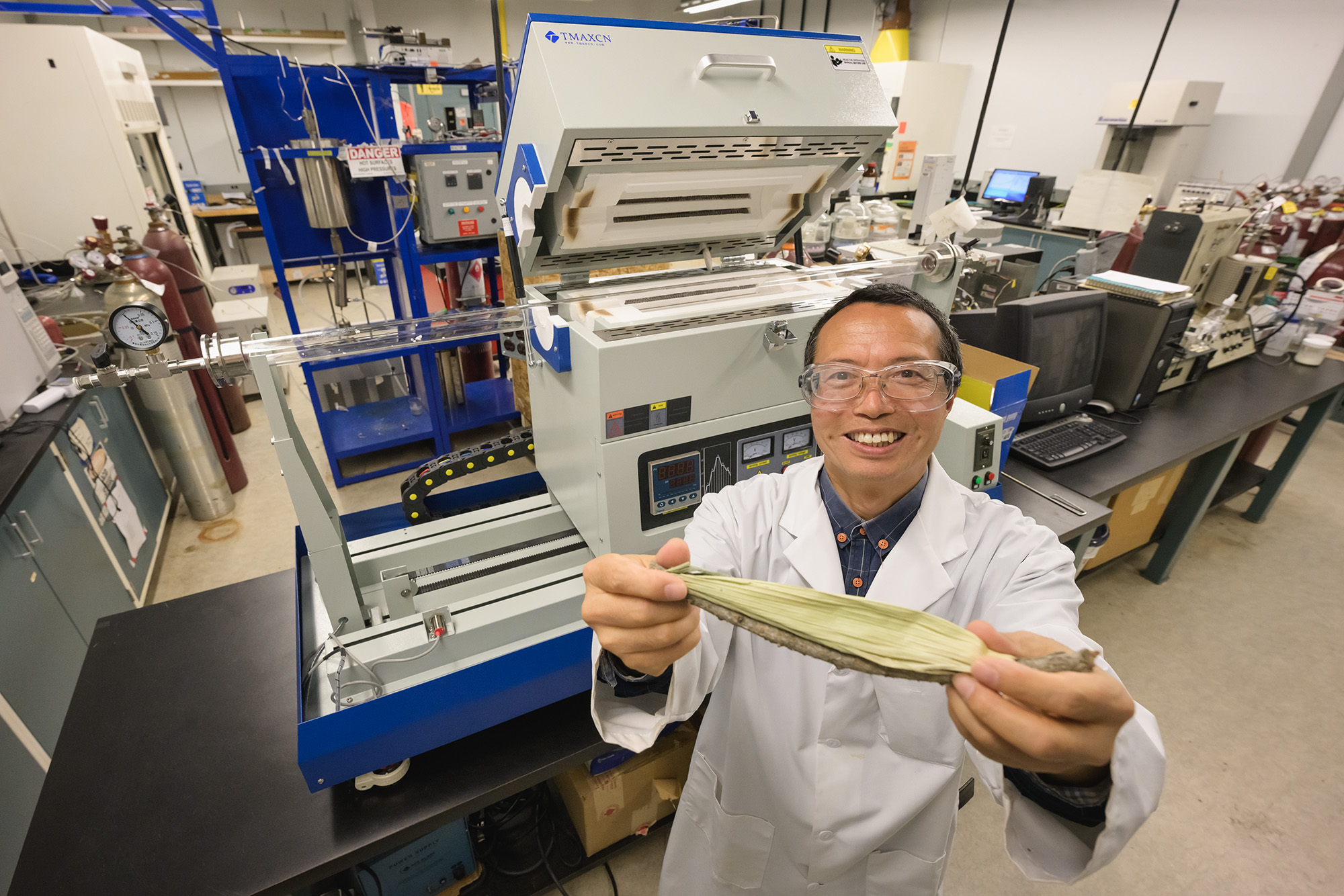
Gan's research focuses on using a material called porous carbon, derived from converting forest residues, including pine tree branches and cones, spruce tree branches and cones, tamarack tree branches, and agricultural waste, such as corn cobs, pistachio shells, grape vines, and flax stalks, to purify polluted water. The porous carbon is also a solid fuel, a type of energy with economic significance.
Gan explains that wood and biomass naturally decay when exposed to water and other biological factors. However, through a process called hydrothermal carbonization, the moisture is extracted, significantly enhancing burning and heating efficiency. "It's similar to trying to light a fire with damp wood, which takes much longer to ignite. Once the moisture is removed, the porous carbon, like dry wood, ignites easily and has a higher energy density," Gan says.
Additionally, this process reduces transportation costs. By eliminating the moisture, the materials become more compact, occupying less space and allowing for long-term storage without the risk of rotting.
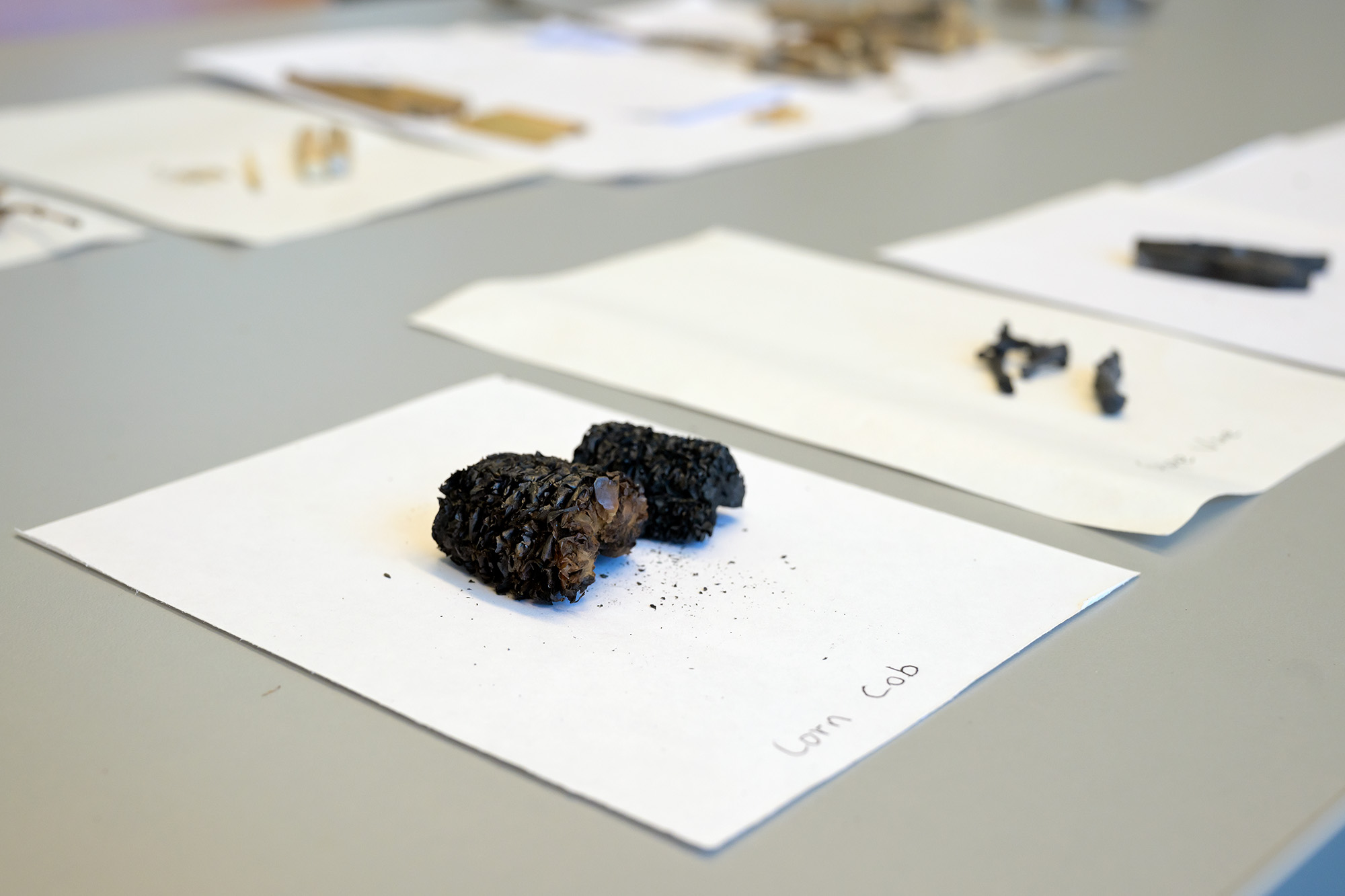
While current methods, like activated carbon, can clean pollutants from water, they are costly. Gan highlights hydrothermal carbonization as a promising alternative.
“This process converts farm waste into hydrochar, a substance potentially useful for energy production, solar thermal evaporation, and water purification,” says Gan. “Although hydrochar's energy applications are well-studied, its potential for cleaning water remains underexplored.”
Properly processed, hydrochar could effectively remove water pollutants and reduce agricultural waste. Gan's research at U of R will specifically investigate hydrochar's efficacy in eliminating organic dyes from water. “Dyes from industries such as textiles, printing, and paint are toxic and threaten global food chains,” he says.
Gan’s project aims to manage waste in a way that simultaneously produces energy and cleans the environment.
Gan’s research program will also offer valuable learning opportunities for students. He plans to work closely with postdoctoral researchers and graduate students in the lab and deliver lectures at the University.
“Forests and farms generate significant waste, which can harm the environment, so transforming materials like forestry residues, old plants, fruits, and animal waste into valuable resources is crucial,” says Gan.
Gan’s project aims to manage waste in a way that simultaneously produces energy and cleans the environment, which could significantly impact how Canada and the United States manage energy and environmental challenges.

